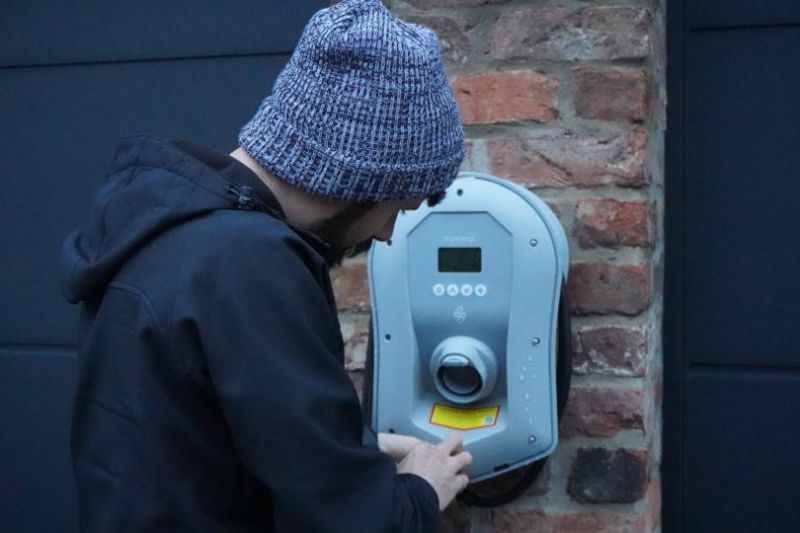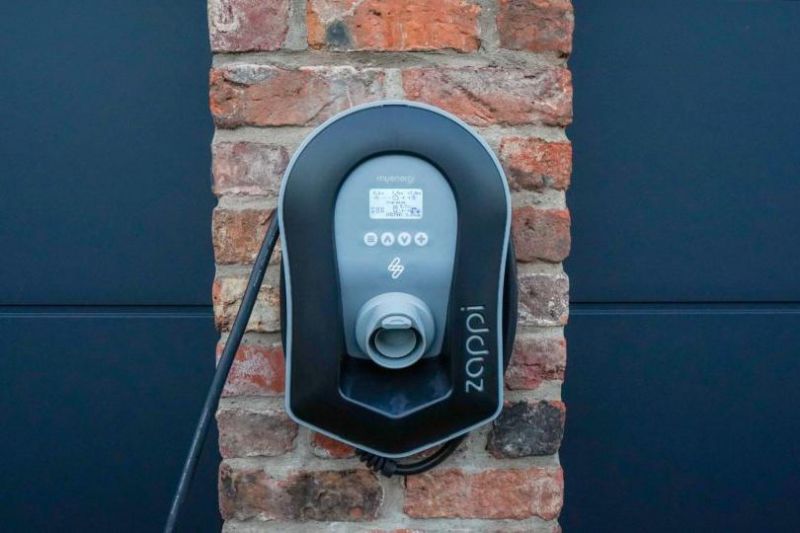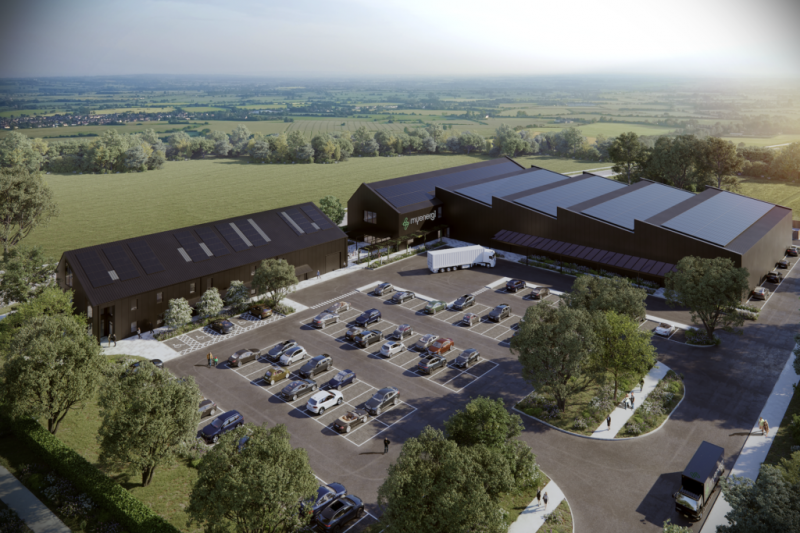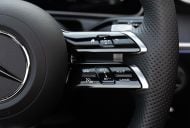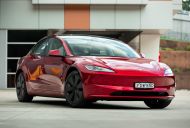A UK-based electric car charging company wants to cash in on Australia’s growing electric car sales and strong spread of solar power.
Myenergi is using Melbourne as the home of its new Asia-Pacific subsidiary. The company sees the region, in particular Australia, as a growth market for its renewable charging products.
The company invents, designs, and manufactures renewable energy technologies such as electric car (EV) chargers and bi-directional charging stations. It counts the world’s first wind- and solar-powered home EV charger among its creations.
Its flagship product, the Zappi, is an AC electric car charger that can provide charging rates of up to 22kW on a three-phase connection.
The Zappi is also backed by an app allowing users to remotely monitor and control their charging sessions. It’s capable of managing inputs from the grid, as well as home solar or wind setups, to make sure you’re charging in the most sustainable (and affordable) way.
It was released in 2017, and was replaced by a second-generation version in 2019.
The Zappi only comes with a Type 2 socket.
These chargers have been available in Australia since 2018 when the company EVolution began offering the Zappi home EV chargers for sale.
The Zappi can be combined with solar panels or wind turbines to achieve a zero-cost charging experience, but if neither is available it’ll charge from the grid like a traditional EV charger.
Another product that Myenergi offers is a solar power diverter system called, Eddi.
This product is intended to be used at your home where it can harness the energy generated from your solar panels.
Rather than pumping excess power back into the grid, the Eddi is able to redirect the power to heating appliances such as a hot water service, underfloor heating, or a heated swimming pool.
The Eddi can also work alongside a battery storage system, like the Tesla Powerwall.
Myenergi’s local subsidiary is going to be headed by Russell Shepherd, formerly the director of EVolution Australia.
“We are extremely excited to be launching our new subsidiary in Australia,” said CMO Jordan Brompton, who co-founded the company in 2016 with Lee Sutton.
“Our international expansion programme is building with impressive momentum, with subsidiaries already operational in Germany, Ireland and The Netherlands.”
Myenergi recently relocated to a purpose-built eco facility in the UK where it manufactures all its products in-house.
It has also completed a redesign of its product range and expects to see demand increase amid semiconductor shortages.
Australian electric car sales are small by global standards, but more electric cars were sold here in the first half of 2021 than all of 2020, according to the latest Electric Vehicle Council market report.
In September, there were 466 EVs sold excluding Tesla, accounting for a 189.4 per cent increase in sales over September 2020.

